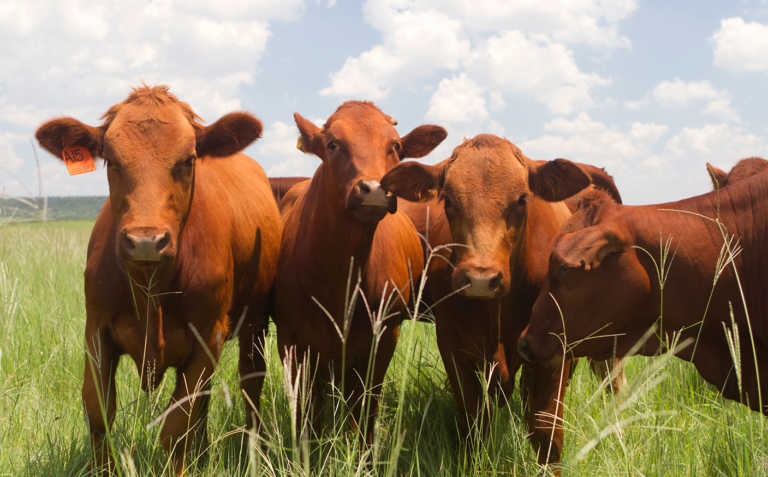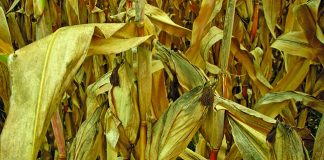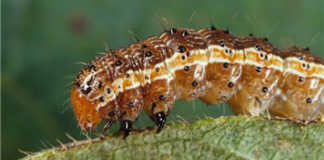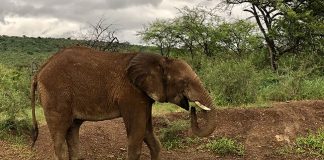
Photo: Sabrina Dean
Nearly 200 veterinary epidemiologists in Africa are scheduled to undergo training intended to help them better combat animal diseases at grassroots level.
The Food and Agriculture Organisation (FAO) launched the In-Service Applied Veterinary Epidemiology (ISAVET) training programme in Uganda on 30 October.
READ Animal health: what German vets can teach us
The programme kicked off with an initial uptake of 60 participants for the first 12-month training phase; another 120 vets would participate in 2019, according to a statement.
Veterinary epidemiologists are specialists who focus on monitoring, preventing and controlling animal diseases.
The FAO said the ISAVET programme was being presented in partnership with Texas A&M University to provide participants with the capacity to handle local challenges, as well as transboundary animal diseases.
The FAO’s Emergency Centre or Transboundary Animal Diseases (ECTAD) was leading development of the curriculum in collaboration with Texas A&M’s College of Veterinary Medicine and Biomedical Sciences (CVM).
READ Get to know your vet
Chief veterinary officer of the FAO, Juan Lubroth, said they believed the training programme was a good model that could be adopted and expanded further by local and continental veterinary institutions.
“What is important here is that it is based on practical, applied, issues relevant to the country, where one ‘learns by doing’,” he said.
President of the SA Society for Veterinary Epidemiology and Preventive Medicine (SASVEPM) Dr Krpasha Govindasamy confirmed no South African veterinarians were participating at present.
READ Scientific selection in beef cattle breeding
She said it appeared the training was being driven by a specific FAO regional centre and was currently focussed on participants from non-SADC countries.
She said there was definitely a need in the Southern African region, including South Africa, for the type of in-service training provided by programmes such as ISAVET.
Govindasamy said veterinary epidemiologists played an important role in monitoring herd or flock health and identifying risk factors. She urged farmers to better utilise their services.
“At the moment, the veterinary epidemiologist is a very under-utilized gift to the farmer and to the bigger livestock production system,” she said.













